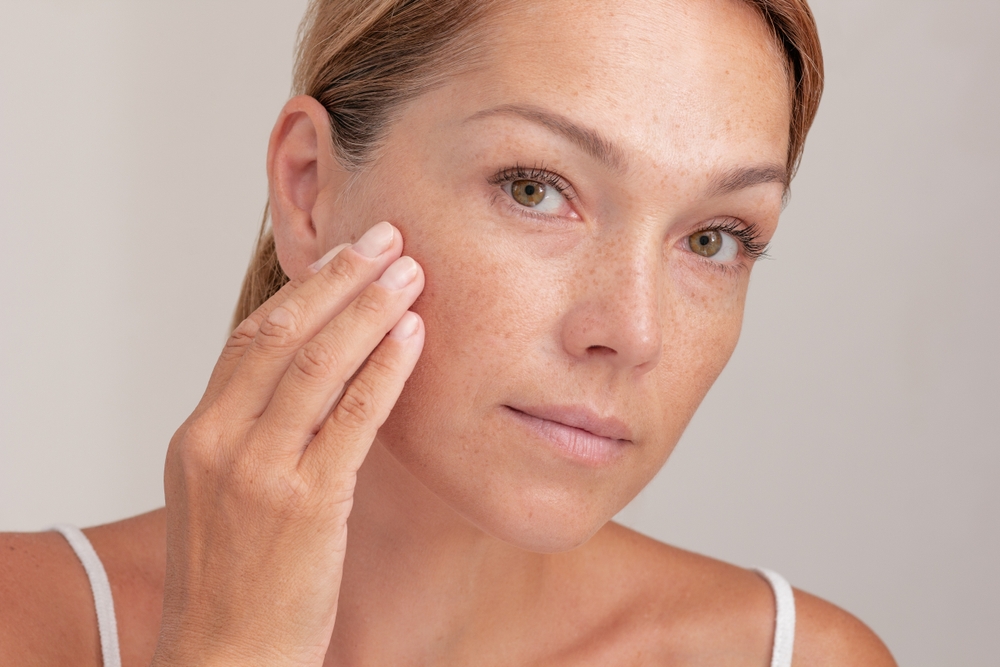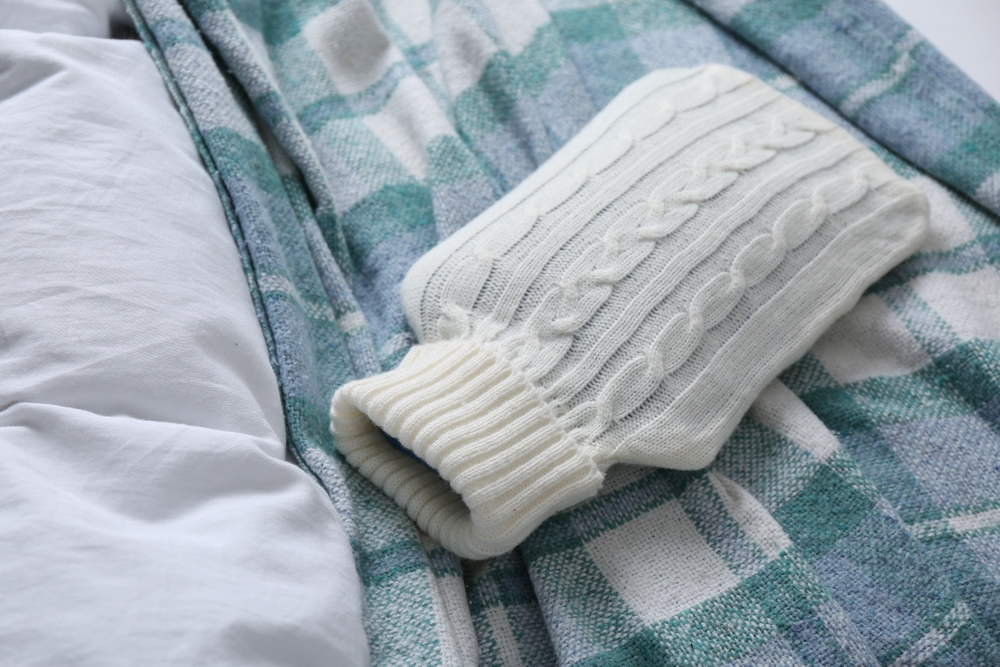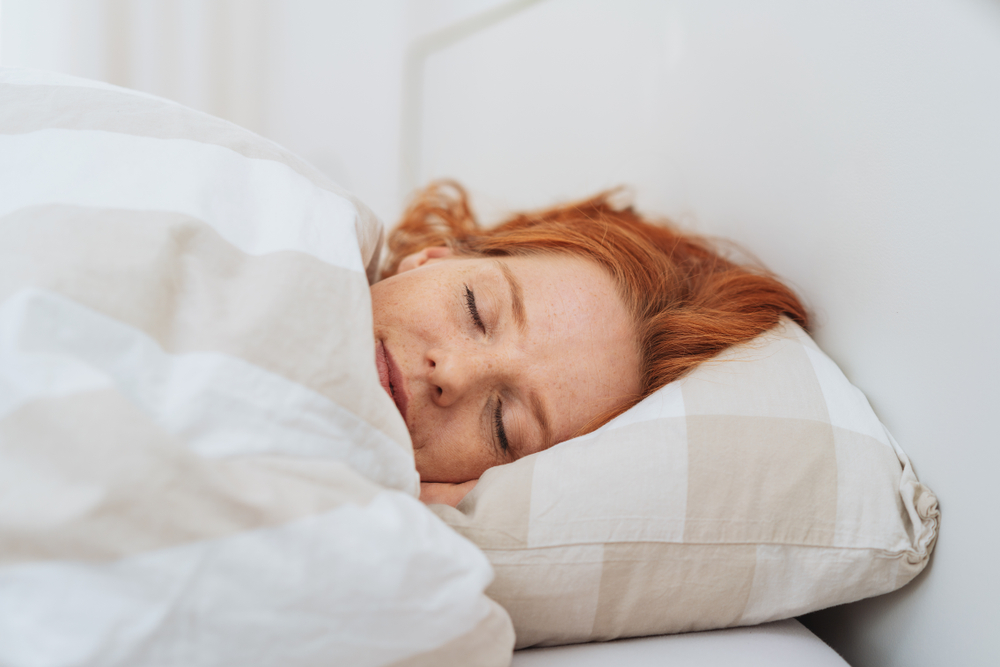The Hidden Dangers of Sleeping with Your Heating On
Are you falling asleep in your cozy bed with the heating on in the winter months? Don’t worry; we have all been there, but even through the coldest of months, the heating isn’t always good for our health, especially when sleeping with it on. 74% of UK adults reported a decline in sleep quality due to room temperature and heating habits in the winter.
From disrupted sleep cycles to long-term respiratory and cardiovascular risks, sleep expert Martin Seeleyat MattressNextDay shares the hidden dangers of keeping the heating on overnight. Plus, discover budget-friendly, expert-approved hacks to stay snug without sacrificing your health.
The TRUTH: What Happens to Your Body When You Sleep with the Heating On?
After a cold day outside, there’s nothing better than slipping into a warm bed. But before you drift off, here are the risks you need to know:
1. Sleep Cycle Disruption
Your body temperature naturally drops as you fall asleep, allowing you to enter the deeper, restorative phases of slumber. Sleeping in a heated room interferes with this process, leaving you tossing and turning. The result? Poor-quality sleep that leaves you feeling groggy and irritable the next day.
2. Dehydration
Heating systems dry out the air, leading to dehydration. You may notice symptoms like:
- Dry, itchy throat.
- Chapped lips.
- Flaky, irritated skin.
- Sinus discomfort or even nosebleeds.

3. Respiratory Irritation
Prolonged exposure to warm, dry air can:
- Worsen asthma or allergies.
- Increase snoring.
- Irritate your airways, weakening respiratory health over time.
4. Accelerated Skin Aging
Moisture-stripped air doesn’t just make your skin feel dry—it can speed up skin aging, causing fine lines and wrinkles. Long-term dehydration can also weaken your immune system, leaving you more vulnerable to winter illnesses.
5. Energy Drain
Sleeping in a heated room forces your body to work harder to regulate its temperature, draining energy reserves and leaving you feeling fatigued.
Long-Term Health Risks You Didn’t See Coming
Dr Dan, a private GP from Balance My Hormones, highlights the serious health concerns linked to long-term exposure to heated sleeping environments:
1. Chronic Sleep Disruption
- Poor-quality sleep caused by overheating increases the risk of heart disease, diabetes, and obesity.
- Long-term sleep deficits can impair memory, decision-making, and mental sharpness.
- Chronic lack of restorative sleep is closely linked to anxiety and depression.

2. Weakened Immune System
- Over-reliance on dry heat disrupts your body’s natural ability to regulate temperature, weakening your immune defences.
- Increased vulnerability to colds, sinus infections, and inflammation.
3. Cardiovascular Stress
- Dehydration from dry air thickens the blood, putting additional strain on your heart and blood vessels.
- This raises the risk of high blood pressure and stroke over time.
4. Metabolic Disruption
- Overheated rooms impact hormones like leptin and ghrelin, which regulate appetite. This imbalance can lead to weight gain.
- Chronic fatigue caused by poor sleep increases stress hormones like cortisol, resulting in metabolic imbalances.
Expert-Approved Hacks to Stay Warm Without the Health Risks
Keep cozy and healthy this winter with these simple, expert-backed strategies:
1. Layer Like a Pro
Swap lightweight duvets for high-tog versions or layer up with blankets for customizable warmth.
2. Invest in Thermal Tech
Wear heat-retaining pyjamas and socks and try heated mattress pads for targeted warmth without overheating your room.

3. Heat Your Body, Not the Room
- Use a hot water bottle under your blanket to create a warm pocket.
- Sip non-caffeinated herbal tea or warm milk before bed to gently raise your core temperature.
4. Insulate Your Room
- Block drafts from windows and doors using draft excluders or thermal curtains.
- Lay down rugs on hard floors to trap heat.
5. Use Smart Temperature Control
Program your thermostat to turn off an hour before bed and turn back on just before waking up.
6. Boost Air Moisture
- Use a humidifier to counteract dry air caused by heating.
- DIY Tip: Place a bowl of water near your radiator to release moisture into the air.
7. Snuggle Smart
- Let your furry friend share the bed—pets are natural heaters!
The Ideal Temperature for Sleep
According to Martin Seeley, the optimal bedroom temperature for restful sleep is 16–18°C. By embracing smarter, healthier ways to stay warm, you can ditch harmful heating habits and enjoy a better night’s sleep all winter long.





